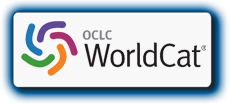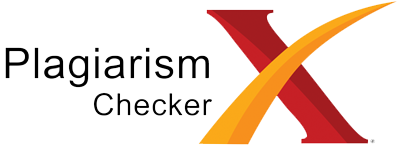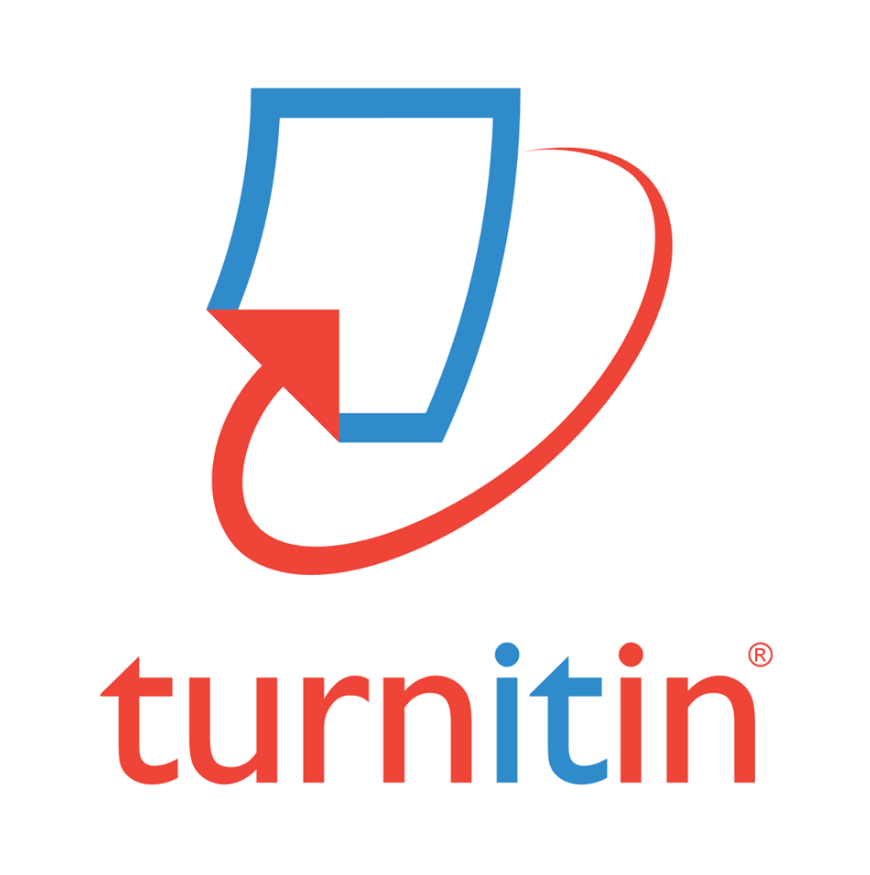Development of Augmented Reality Code Application on 3D Animation in Learning Procedure at School
Abstract
The use of AR (Augmented Reality) technology in the world of education continues to increase. Android as a booming trend is currently taking part in adopting AR technology. The ease and usefulness of Android-based AR technology can also be applied to the learning media development strategy. That spreads to the world community will also have an impact on students. Media Flyer Code as a marker on AR technology is applied to 3D Animation subjects. This study aims to determine the appropriateness of Augmented Reality Code Application especially the effectiveness, attractiveness, and efficiency of media. The product of this research and development is in the form of a Flyer Code product that will be used as a code and APK file. Each Flyer Code has one content that is run on the android application. In the augmented reality content contains 3D Animation Learning Procedure and questions contain evaluation material.
Keywords
Full Text:
PDFReferences
Acosta, J. L. B., Navarro, S. M. B., Gesa, R. F., & Kinshuk, K. (2019). Framework for designing motivational augmented reality applications in vocational education and training. Australasian Journal of Educational Technology, 35(3).
Aguayo, C., Cochrane, T., & Narayan, V. (2017). Key themes in mobile learning: Prospects for learner-generated learning through AR and VR. Australasian Journal of Educational Technology, 33(6).
Ahmed, I., & Janghel, S. (2015). 3D Animation: Don’t Drink and Drive. International Journal of U-and e-Service, Science and Technology, 8(1), 415–426.
Alkhattabi, M. (2017). Augmented reality as e-learning tool in primary schools’ education: Barriers to teachers’ adoption. International Journal of Emerging Technologies in Learning (IJET), 12(02), 91–100.
Arief, U. M., Wibawanto, H. & Nastiti, A.L. (2019). Membuat Game Augmented Reality (AR) dengan Unity 3D. Penerbit ANDI.
Arsyad, A. (2011). Media Pembelajaran. Jakarta: Penerbit Rajawali Pers.
Cheng, K.-H. (2017). Reading an augmented reality book: An exploration of learners’ cognitive load, motivation, and attitudes. Australasian Journal of Educational Technology, 33(4).
Cochrane, T., Cook, S., Aiello, S., Christie, D., Sinfield, D., Steagall, M., and Aguayo, C. (2017). A DBR framework for designing mobile virtual reality learning environments. Australasian Journal of Educational Technology, 2017, 33(6).
Knight, J., & Barbera, E. (2018). Navigational Acts and Discourse: Fostering Learner Agency in Computer-Assisted Language Learning. Electronic Journal of E-Learning, 16(1), 67–76.
Mantasia, M., & Jaya, H. (2016). Pengembangan teknologi augmented reality sebagai penguatan dan penunjang metode pembelajaran di SMK untuk implementasi Kurikulum 2013. Jurnal Pendidikan Vokasi, 6(3), 281–291.
Mulyatiningsih, E. (2011). Riset terapan bidang pendidikan dan teknik. Yogyakarta: UNY Press.
Muntahanah, M., Toyib, R., & Ansyori, M. (2017). Penerapan Teknologi Augmented Reality Pada Katalog Rumah Berbasis Android (Studi Kasus Pt. Jashando Han Saputra). Pseudocode, 4(1), 81–89.
Najikhah, F. (2018). Pengembangan Buku Panduan Sebagai Sumber Belajar Untuk Tenaga Kerja Indonesia Di Malaysia. Edcomtech Jurnal Kajian Teknologi Pendidikan, 3(2), 75–86.
Pamoedji, A. K. & Maryuni, R. S. (2017). Mudah Membuat Game Augmented Reality (AR) dan Virtual Reality (VR) dengan Unity 3D. Elex Media Komputindo.
Pejoska-Laajola, J., Reponen, S., Virnes, M., & Leinonen, T. (2017). Mobile augmented communication for remote collaboration in a physical work context. Australasian Journal of Educational Technology, 33(6).
Peraturan Pemerintah Nomor 66 tahun 2013 Tentang Standart Penilaian Pendidikan.
Permendikbud Nomor 65 Tahun 2013 Tentang Besar Standar Proses Pendidikan Dasar dan Menengah
Putra, N. (2011). Research & Development Penelitian dan Pengembangan: Suatu Pengantar. Jakarta: Penerbit Raja Grafindo Persada.
Sanjaya, W. (2010). Strategi Pembelajaran Berorientasi Standar Proses Pendidikan. Jakarta: Kencana
Soepriyanto, Y., Sulthoni, S., & Ulfa, S. (2017). Pengembangan Augmented Reality Sebagai Electronic Performance Support System Dalam Pembelajaran. Edcomtech Jurnal Kajian Teknologi Pendidikan, 2(1), 1-10.
Soepriyanto, Y., & Rahmatullah, B. (2017). Pengembangan Video Termediasikan Augmented Reality sebagai Electronic Performance Support System dalam Pembelajaran. Edcomtech Jurnal Kajian Teknologi Pendidikan, 1(2), 111-117.
Straková, Z., and Cimermanová, I. (2018). Developing Reflective Skills of Student Teachers in the Virtual Learning Environment. The Electronic Journal of e-Learning, 16(2), 107-121
Sugiyono. (2003). Metode Penelitian Administrasi Dilengkapi dengan Metode R&D. Bandung: CV. AFABETA
Tan, Q., & Chang, W. (2015). Location-Based Augmented Reality for Mobile Learning: Algorithm, System, and Implementation. Electronic Journal of e-Learning, 13(2), 138-148.
Thiagaran, S. Semmel, Dorothy S, Semmel, Melvyn I. (1974). Intructional development for training teacher of exeptional children. Minesota: The Council for Exepttional Children.
Tim Pascasarjana UNESA. (2014). Panduan Penulisan Tesis dan Desertasi Program – Program Pascasarjana Unesa. Surabaya: Univercity Press.
Undang – Undang Nomor 20 Tahun 2003. Sistem Pendidikan Nasional.
DOI: http://dx.doi.org/10.17977/um039v6i12021p079
Refbacks
- There are currently no refbacks.
Copyright (c) 2021 Banne Ima Gasong, Rufi’i, Hartono

This work is licensed under a Creative Commons Attribution-ShareAlike 4.0 International License.
Edcomtech: Jurnal Kajian Teknologi Pendidikan published by Department of Educational Technology, Faculty of Education, State University of Malang in Collaboration with Asosiasi Program Studi Teknologi Pendidikan Indonesia (APS TPI) and Ikatan Profesi Teknologi Pendidikan Indonesia (IPTPI) with MoU.
Publisher Address:
Lab. Teknologi Pendidikan, Gd.E2, Lt.1
Fakultas Ilmu Pendidikan Universitas Negeri Malang
Jalan Semarang No 5, Kota Malang Kode Pos 65145
Email: edcomtech.fip@um.ac.id
========================================================================================================
| INDEXED BY | TOOLS | PLAGIARISM CHECK | ARTICLE TEMPLATE |
|

Edcomtech is licensed under a Creative Commons Attribution-ShareAlike 4.0 International License.
Edcomtech Statistics (Since July 13th, 2020)


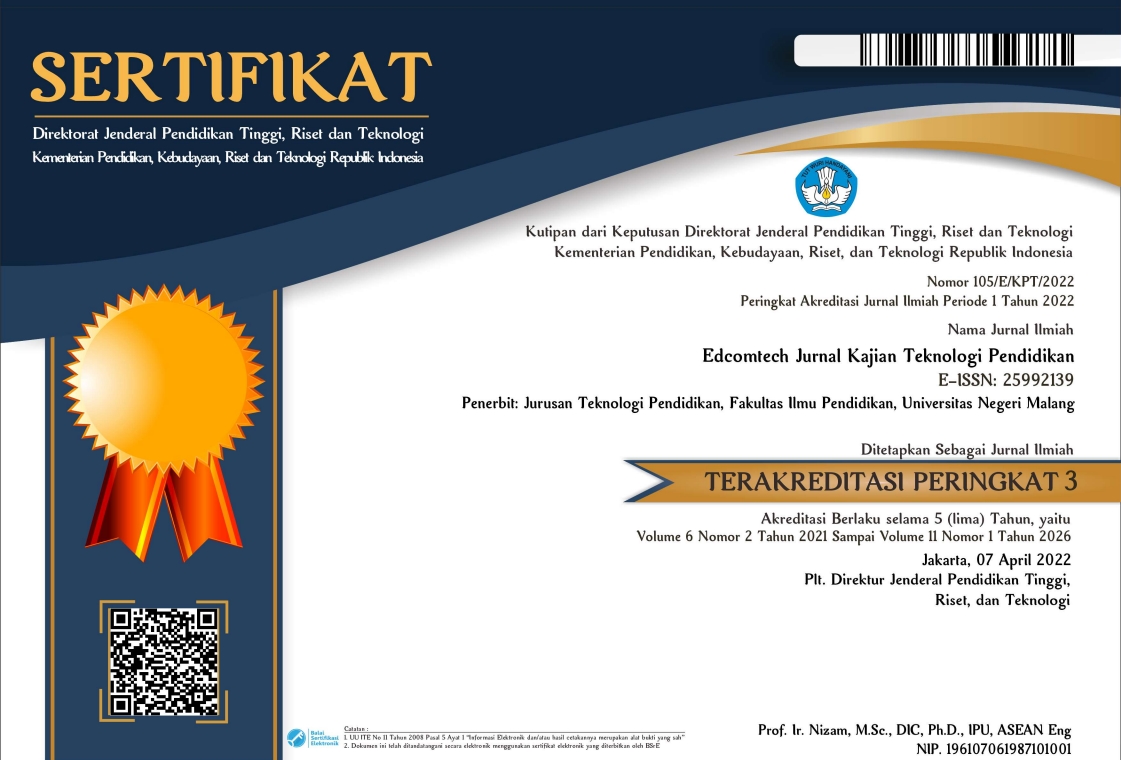

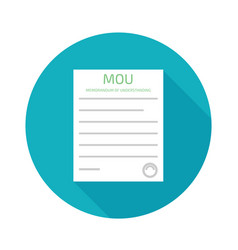

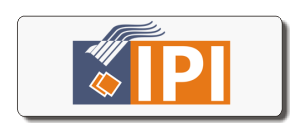

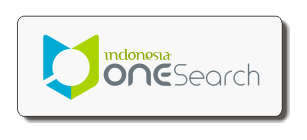



1.png)
